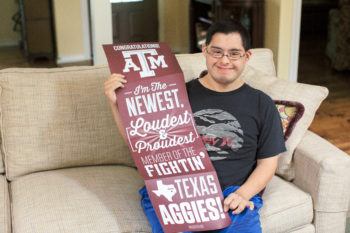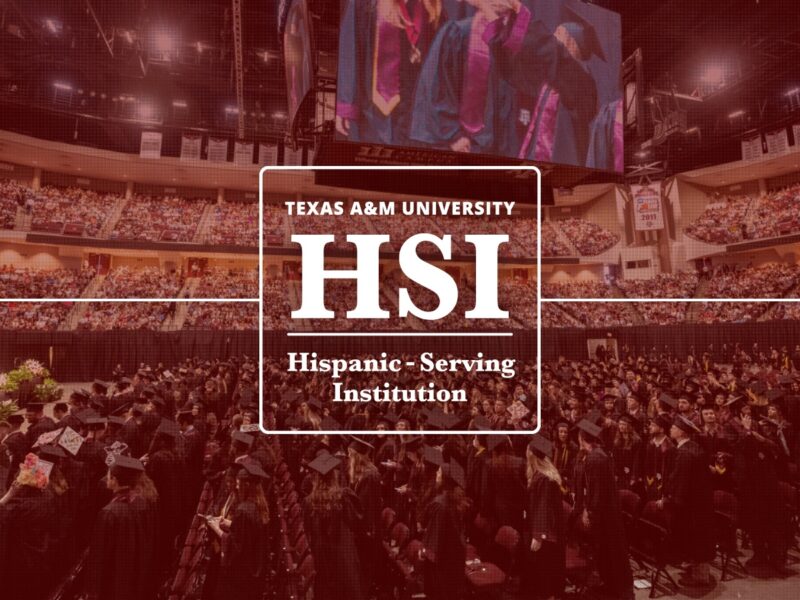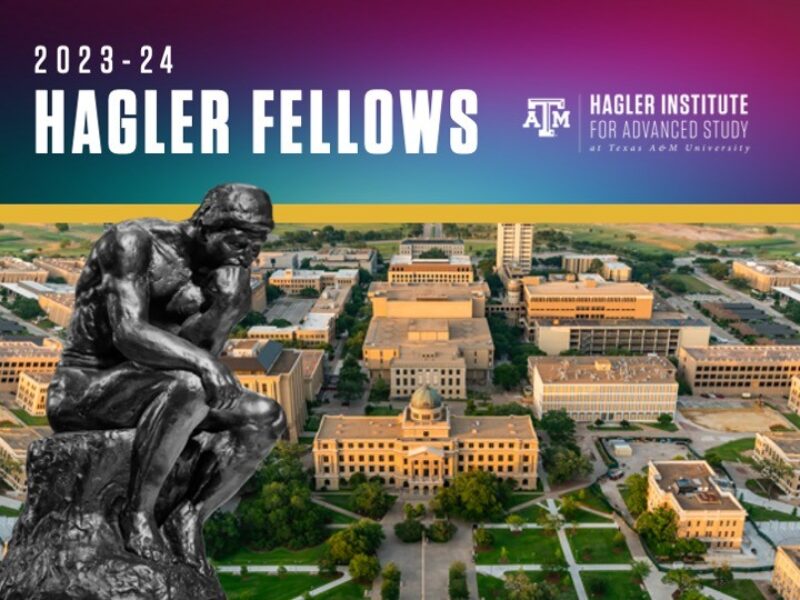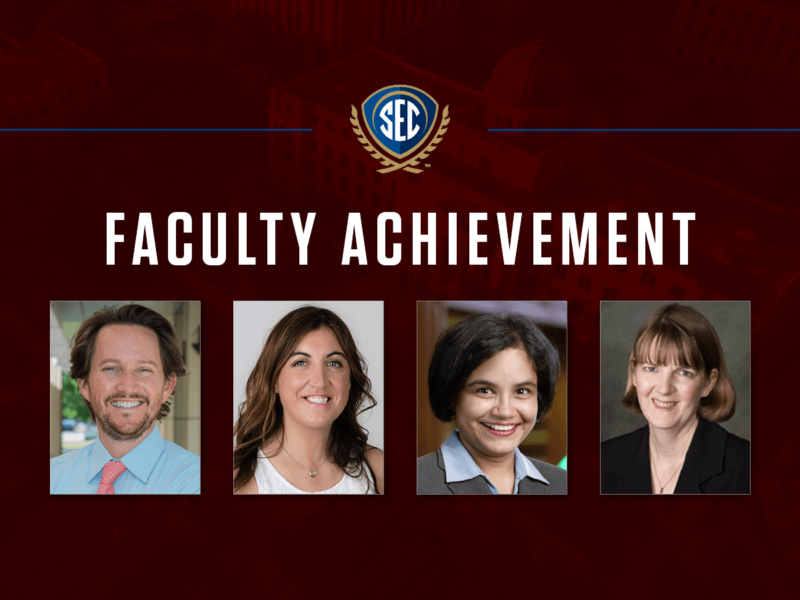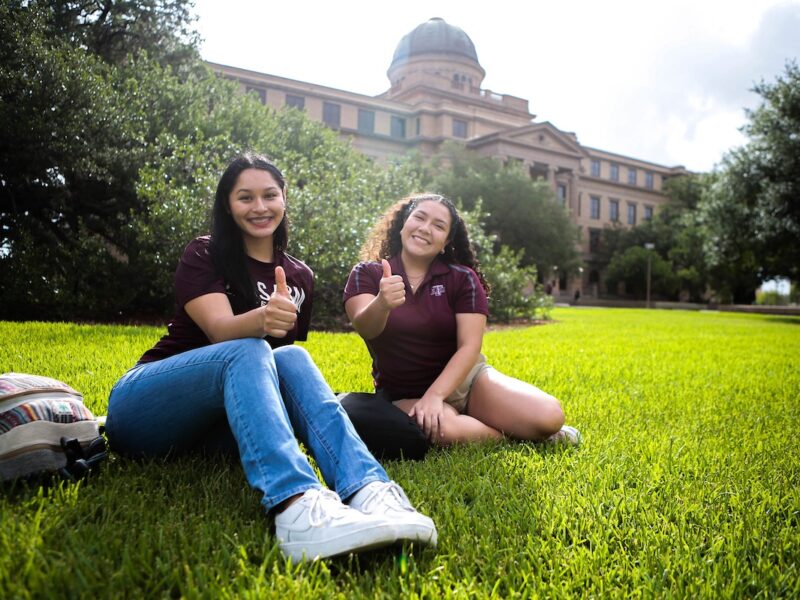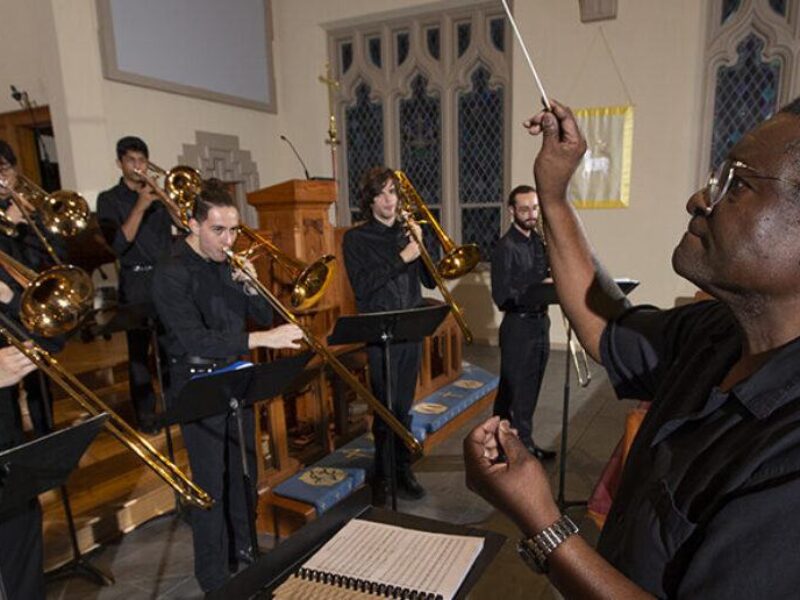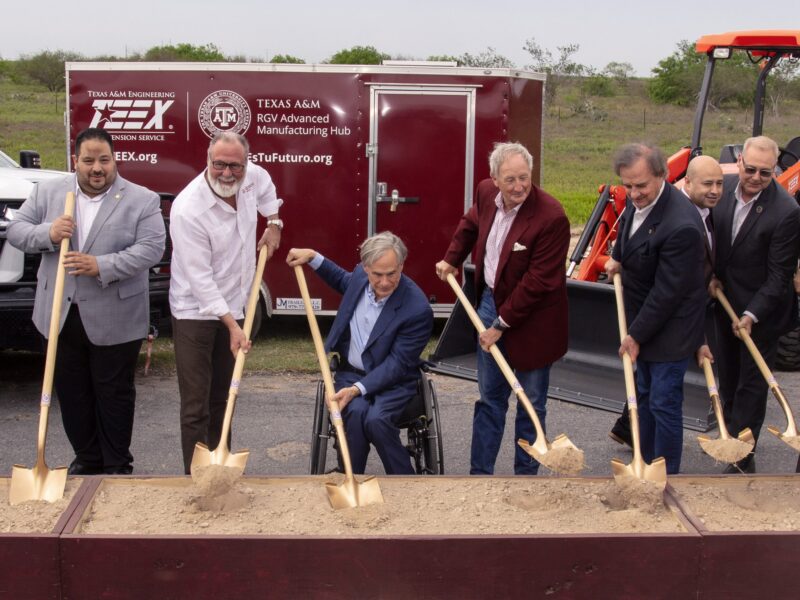Texas A&M Launches New Program For Students With Intellectual, Developmental Disabilities
Attending a university like Texas A&M University is a dream many students with intellectual and developmental disabilities never get to fulfill. They have the same wants and desires as other students, but many universities do not have the programs available to support them.
This fall, that changes for the state of Texas with the launch of Aggie ACHIEVE, the state’s first inclusive, four-year postsecondary education program for students with intellectual and developmental disabilities.
Aggie ACHIEVE (Academic Courses in Higher Inclusive Education and Vocational Experiences) is a certificate-based inclusive higher education program for young adults with disabilities to expand their interests and prepare them for employment.
While the students involved in Aggie ACHIEVE will not receive a degree from Texas A&M, they will graduate with a certificate that acknowledges their successful completion of the program.
Aggie ACHIEVE is the brainchild of Dr. Carly Gilson, assistant professor of special education in Texas A&M’s College of Education & Human Development.
“This is not meant to be a place to come get the college experience and then go back to what you were doing before. The intention of this program is to provide a rigorous education, academics and employment experience that will prepare these young adults to go out and work in the community in a job they are interested in that matches their strengths,” Gilson said.
The first cohort includes four students from across the state. These students will live on campus, participate in classes and serve in clubs and organizations.
“We are focused on the importance of being an inclusive and immersive program. We have a campus community of 60,000 students and we want to make sure that the students in Aggie ACHIEVE are going to be integrated fully into that campus community,” Gilson said.
The first two years of the program will introduce students to college life through seminars focused on independent living, career awareness and self-determination. The students will also be required to audit credit courses.
The last two years are focused on career development and field specialization. Students will participate in on- and off-campus internships in their field of interest.
Gilson is using a process called “person-centered planning,” whereby students and their families meet with faculty and staff involved in the program to design their individualized goals each year of the program.
ACHIEVEmates
Another piece of support for the students is Aggie ACHIEVEmates. Current students from colleges across campus are establishing one-on-one relationships with Aggie ACHIEVE students to facilitate inclusion in the campus community and success in this program.
ACHIEVEmates will focus on four key areas. Peer mentors assist students with academic coursework and encourage good study habits. Lunch partners focus on social skills and healthy eating goals. Fitness friends enroll in Physical Education Activity Program (PEAP) courses or engage in workouts to encourage safe exercise habits. And daily planners focus on organizational skills, self-advocacy, money management and ensuring students meet all expectations of the program.
Many Texas A&M students may have little experience interacting with individuals with disabilities. Research shows sustained contact is the primary predictor of improved attitudes. Gilson hopes by offering an inclusive program like Aggie ACHIEVE, Texas A&M can help influence the views and expectations of Aggie students going on to key leadership roles around the country after graduation.
“We want this to be something that, in addition to the direct population it serves, also provides leadership and training opportunities for our current students,” Gilson said.
Gilson hopes this program helps Texas A&M be a leader in the state and nation for work focused on young adults with disabilities. As the state’s first inclusive postsecondary education program, Gilson believes Aggie ACHIEVE provides a unique opportunity for researchers to engage with students and faculty in the program.
Students in Aggie ACHIEVE are required to pay tuition and fees. Gilson is currently working to receive a comprehensive transition program designation to help offset many of those fees. A comprehensive transition and postsecondary program (CTP) designation allows students to receive federal funding. If approved, Aggie ACHIEVE will be the first CTP in Texas.
Media contact: Ashley Green, Texas A&M University College of Education & Human Development, 979-458-1334, a_green@tamu.edu.
